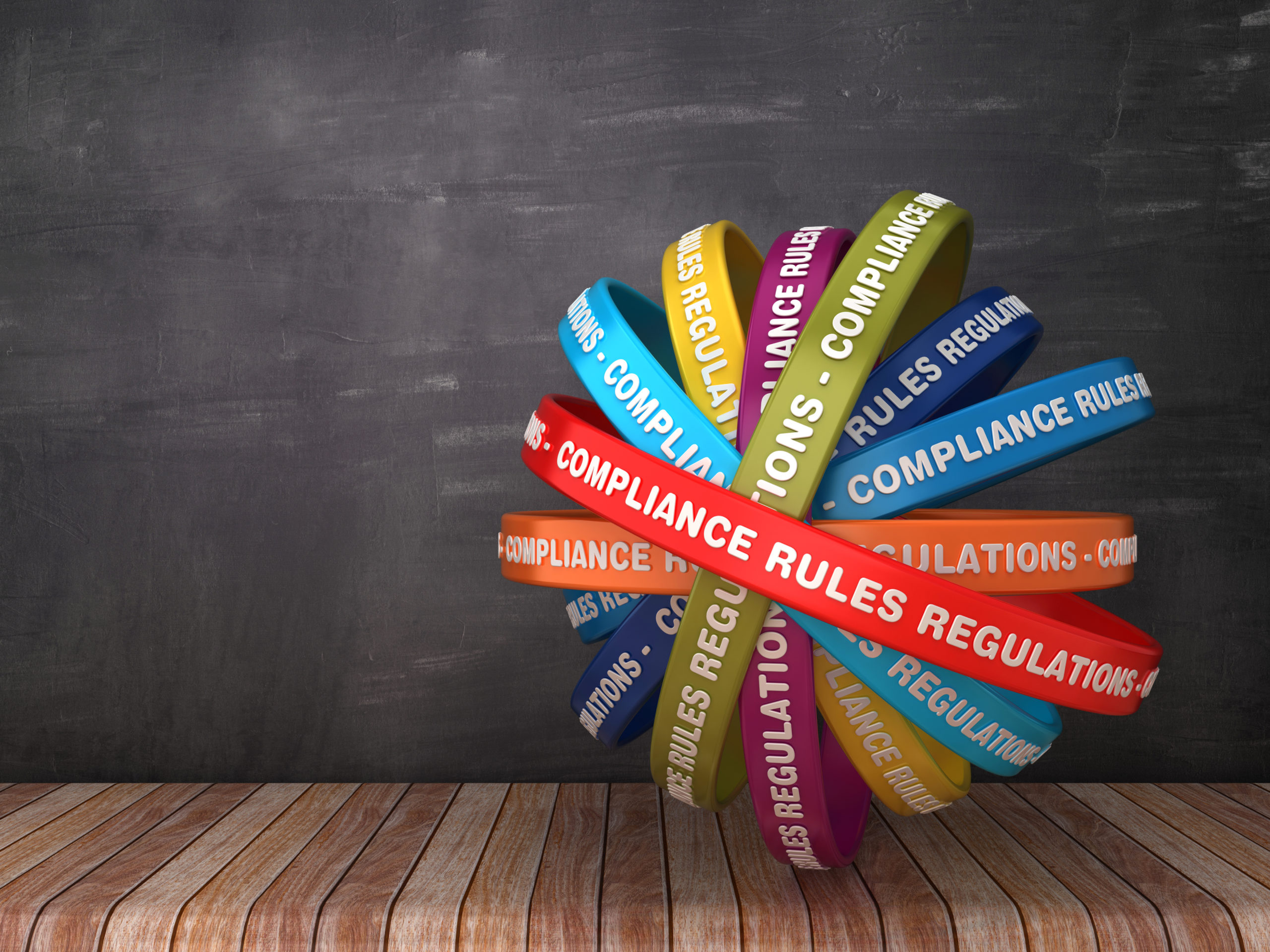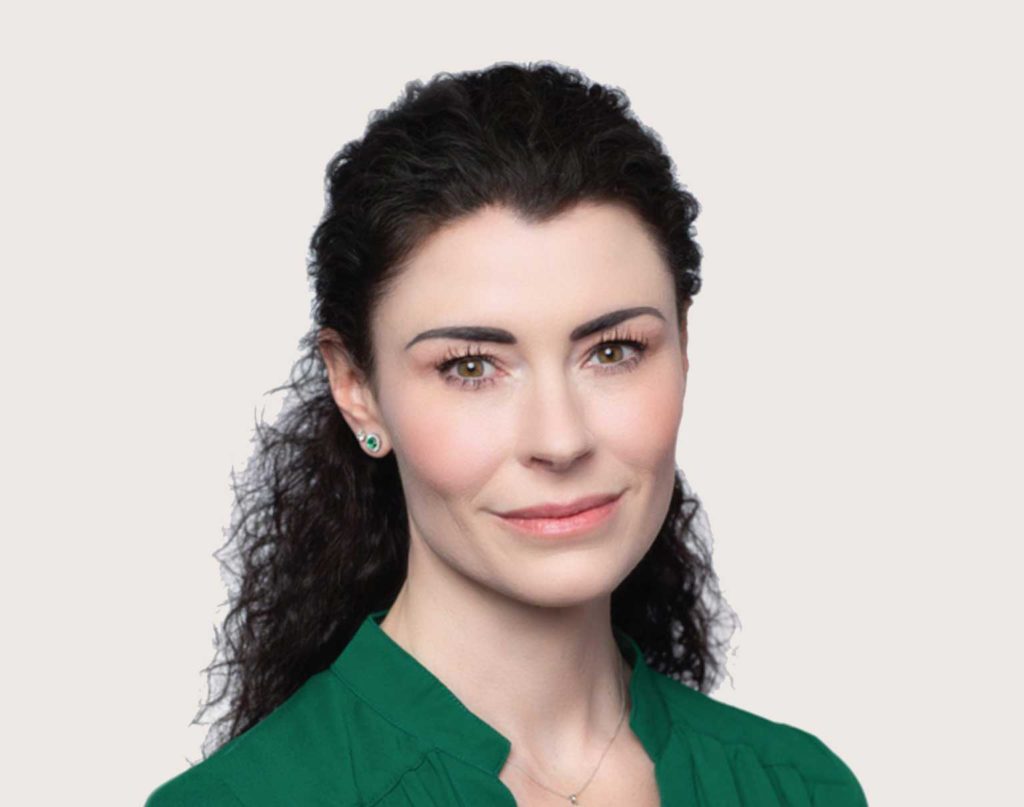
The National Push to Change UPL Rule 5.5 Has Begun
On April 18, 2022, the Association of Professional Responsibility Lawyers (APRL), a national organization made up of over 400 lawyers, law professors, and judges from around the country who focus on legal ethics and professional responsibility, published and sent to ABA President Reginald Turner its long-awaited “proposal for the replacement of Model Rule 5.5 to better reflect the way lawyers practice in the 21st Century.” The proposed rule and its accompanying report were written by APRL’s Future of Lawyering Committee which includes some of the most accomplished and well-respected ethics lawyers from around the United States. The report was included with the rewritten Rule 5.5 because it provides the history of the unauthorized practice of law (UPL) and multijurisdictional practice (MJP) rules and laws, demonstrating that Model Rule 5.5 is antiquated and must be changed.
Many lawyers around the country who may not have appreciated the overreaching impact of the current UPL and MJP laws and rules are now likely more familiar with them than they care to be in the wake of the Covid 19 pandemic. Lawyers were among the more than 30 million Americans who decided to permanently relocate during the pandemic; however, some did so without knowing or even considering that a lawyer’s non-temporary presence in certain jurisdictions where they are not licensed could be considered the unauthorized practice of law, even if the lawyer has no intention of ever advising on the law of that jurisdiction. This is troubling because a UPL violation will not only impact one’s law license but carries the potential for criminal penalties in all fifty states. To the extent relocated lawyers didn’t personally grasp the seriousness of their decision to reside outside of the state’s borders where they are licensed, their law firm, company, and/or liability insurer very likely clued them in while scrambling to manage the risk. Of course, it is best to reach out to an ethics lawyer for assistance if you are struggling to untangle the diverging chaos defining UPL across the various jurisdictions.
The ABA and many state and local bar associations, including in California, have published legal ethics opinions on this topic in an effort to provide some guidance to lawyers on the application and risks of the UPL and MJP laws and rules in certain jurisdictions. Unfortunately, as helpful as some of these opinions are and as logical as they may be, ethics opinions are only advisory. The rules and laws themselves must be changed and, hopefully, integrated across the country. With today’s affordable mobility and constant technological advancements, the change is long overdue.
APRL’s proposed replacement for Model Rule 5.5 permits a lawyer admitted in any United States jurisdiction to practice law and represent willing clients in another jurisdiction where the lawyer is not licensed without regard to the geographic location of the lawyer or the client, without regard to the forum where the services are to be provided, and without regard to which jurisdiction’s rules apply at a given moment in time, so long as the client is notified where the lawyer is licensed and the lawyer is competent under Rule 1.1 no matter where or what kind of legal services are provided. This is a major departure from the current Model Rule 5.5 and UPL rules used by most states. At the same time, APRL’s suggested Rule 5.5 would still preserve judicial authority in each state to regulate who appears in state courts. It also ensures that lawyers will be subject to discipline in both their state of licensure and wherever they practice. The proposed rule also addresses practice in the US by foreign lawyers.
APRL’s goal is to encourage the ABA to change its Model Rule 5.5 in line with the proposal. Once the Model Rule is revised, it will be up to each jurisdiction to decide whether to implement the updated Model Rule 5.5 or some version thereof. The majority of the states generally adopt changes made to the Model Rules; however, it is not a guarantee. Timing of any such changes is also hard to estimate. Each state certainly does not have to wait for the ABA to revise Model Rule 5.5 before updating its own rule. However, whatever the ABA does or doesn’t do typically sets the tone for the rest of the country.
As a member of APRL’s Future of Lawyering Committee and one of the drafters of the proposed replacement rule and accompanying report, I am hopeful that the ABA and each independent jurisdiction will use APRL’s proposal to facilitate this much-anticipated, much-needed overhaul of Rule 5.5. Despite lawyers being at the forefront of change by way of assisting industries, governments, professions, companies, and individuals outside of the legal industry to keep up with the times and perhaps even stay ahead of the curve, the legal profession itself lags behind in many respects. The current unauthorized practice of law rule is just one of the many areas within our profession that need immediate attention. Perhaps following through with this particular change may just inspire updates to other antiquated laws, rules, procedures, and ways of thinking within our industry that are also in desperate need of reform.
Kendra Basner
Partner
O’Rielly & Roche LLP
kendra@oriellyroche.com

